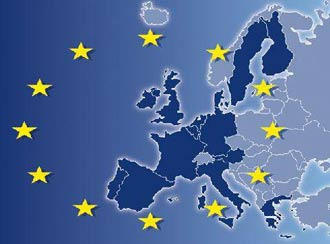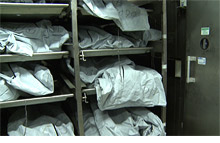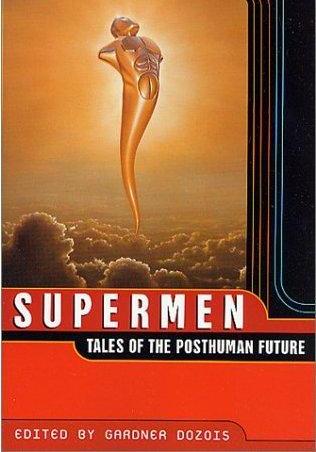 The Scientist | Europe must invest more money and create better infrastructure to support science in order to remain globally competitive, said an independent panel of scientists advising the European Union in a report released today (October 6).
The Scientist | Europe must invest more money and create better infrastructure to support science in order to remain globally competitive, said an independent panel of scientists advising the European Union in a report released today (October 6).The group, called the European Research Area Board (ERAB), pointed out that Europe spends only 1% of its GDP on research, in comparison with 1.69% in the US and 2.62% in Japan. And although European researchers produce a third of all research papers world-wide, research published in the US is more highly cited. In today's report, the board proposed six strategies to unify and strengthen science in Europe -- from improving
 mobility of scientists to promoting scientific excellence over nationalism.
mobility of scientists to promoting scientific excellence over nationalism.The ERA initiative was created in 2000 to provide a unified structure for science, but efforts to integrate research across nations soon stalled. Last year, the European Commission assembled 22 academic, non-profit, and industry scientists from different countries to advise the Commission on how to how to focus its efforts.
"Many of us have a very firm intention to realize [the recommendations] as fast as possible," Norbert Kroo, vice president of the Hungarian Academy of Sciences and a board member of the European Research Council, told The Scientist. He added, though, that the global economic crisis might slow the process.
Some of the ERAB's recommendations have already been promised by European leaders. Last month, upon being sworn in for his second term as president of the European Commission (EC), Jose Manuel Barroso said that he would promote the creation of a new position, a chief scientific officer of Europe, who would represent European science and advise the EC. The ERAB document, too, makes this suggestion; European science "should be represented by one single voice," said Kroo.
Broadly, the aim of the ERAB recommendations is to create "a more cohesive society from a research perspective," said John Wood, chair of the ERAB and a professor of engineering at Imperial College London -- to "use all the brains we've got." The report outlines 6 major themes to accomplish that goal: creating a unified research strategy; focusing research on societal needs such as sustainable energy and healthcare; increasing the interaction between science and policy, and between academia and industry; and promoting cohesion as well as excellence among European researchers.

















